Mental health rehabilitation is an essential aspect of recovery for individuals coping with psychological disorders, trauma, or cognitive challenges. It focuses on restoring emotional balance, improving cognitive functions, and enhancing overall well-being. Unlike crisis intervention, rehabilitation emphasizes long-term recovery and quality of life. Tailored programs, professional support, and structured therapies work together to help individuals regain independence and confidence. This article explores effective approaches to mental health rehabilitation and strategies for promoting emotional and cognitive recovery.
Understanding Mental Health Rehabilitation
Mental health rehabilitation is a structured process that aims to support individuals in achieving their highest level of functioning. It addresses emotional, behavioral, and cognitive difficulties. Rehabilitation is not only about reducing symptoms but also about empowering individuals to manage their conditions effectively. Programs are designed to meet the unique needs of each person, ensuring that recovery is comprehensive and sustainable.
Cognitive Behavioral Therapy (CBT)
Cognitive Behavioral Therapy is a widely recognized approach in mental health rehabilitation. It encourages practical problem-solving skills and emotional regulation. By focusing on both cognition and behavior, CBT provides tools for managing anxiety, depression, and other mental health conditions. Regular sessions guide patients in developing coping strategies that remain useful long after therapy concludes.
Group Therapy and Social Support
Social interaction is a crucial component of emotional recovery. Group therapy provides a safe space for individuals to share experiences and learn from others facing similar challenges. Peer support reduces feelings of isolation and fosters motivation. Collaborative environments encourage the development of social skills and resilience. By connecting with a community, patients gain perspective and a sense of belonging, which can accelerate emotional rehabilitation.
Occupational Therapy for Mental Health

Occupational therapy focuses on helping individuals regain functional skills and independence. Therapists work on daily living activities, vocational training, and structured routines. Engaging in purposeful activities restores confidence and improves cognitive abilities. Occupational therapy often integrates creative tasks, such as art or music, which support emotional expression and stress relief. This approach ensures that rehabilitation addresses practical, real-life challenges alongside psychological recovery.
Medication Management
For many individuals, medication is an essential element of mental health rehabilitation. Prescribed drugs can alleviate symptoms of depression, anxiety, bipolar disorder, or schizophrenia. Medication management involves regular monitoring, dosage adjustments, and education on side effects. When combined with therapy and lifestyle interventions, medication enhances recovery and stabilizes emotional and cognitive functions. Collaborative care between patients and healthcare providers ensures safety and effectiveness.
Mindfulness and Stress Reduction
Mindfulness practices and stress reduction techniques are increasingly incorporated into rehabilitation programs. Meditation, breathing exercises, and guided relaxation improve emotional regulation and resilience. These practices reduce symptoms of anxiety and depression while enhancing focus and cognitive clarity. Mindfulness encourages individuals to observe thoughts without judgment, creating a sense of balance and calm that supports long-term mental health recovery.
Family Involvement and Education
Family support is integral to successful rehabilitation. Educating family members about mental health conditions promotes understanding, patience, and effective communication. Involvement in therapy sessions, support groups, or caregiving strategies strengthens the patient’s support system. A well-informed and compassionate family environment ensures that progress in therapy translates to real-life improvements. This collaboration reinforces emotional stability and sustained recovery.
Community Resources and Holistic Approaches
Rehabilitation is most effective when combined with community resources and holistic care. Access to support groups, vocational programs, recreational activities, and mental health centers provides additional layers of support. Holistic approaches may include physical exercise, nutrition counseling, and creative therapies. Integrating multiple strategies ensures that patients receive comprehensive care addressing emotional, cognitive, and physical well-being.
Mental health rehabilitation is a multifaceted process aimed at restoring emotional and cognitive health. Approaches such as cognitive behavioral therapy, group therapy, occupational therapy, medication management, mindfulness, and family involvement work together to promote recovery. Integrating community resources and holistic practices ensures that individuals can regain independence, resilience, and a sense of purpose. By combining professional support, structured interventions, and personalized strategies, mental health rehabilitation provides a unique pathway to long-term emotional and cognitive wellness.


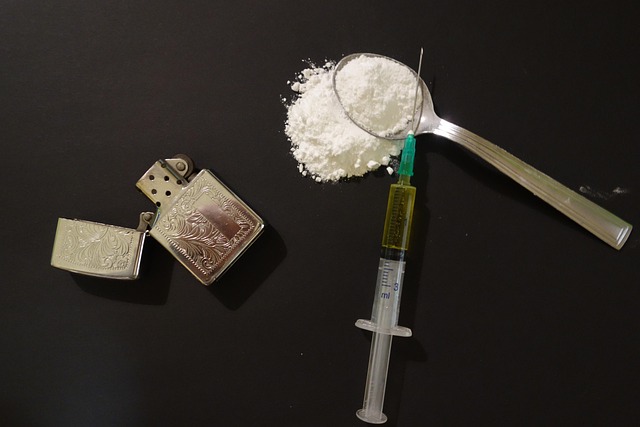
 Physical dependence often manifests as a need for substances to function. When the body becomes reliant on drugs or alcohol, withdrawal symptoms emerge when usage stops. These can range from mild discomfort to severe health risks. You might notice increased tolerance levels too. This means needing more of the substance to achieve the same effect. It’s a clear sign that your body is adapting in unhealthy ways. If you find yourself prioritizing use over daily responsibilities, it’s another red flag.
Physical dependence often manifests as a need for substances to function. When the body becomes reliant on drugs or alcohol, withdrawal symptoms emerge when usage stops. These can range from mild discomfort to severe health risks. You might notice increased tolerance levels too. This means needing more of the substance to achieve the same effect. It’s a clear sign that your body is adapting in unhealthy ways. If you find yourself prioritizing use over daily responsibilities, it’s another red flag.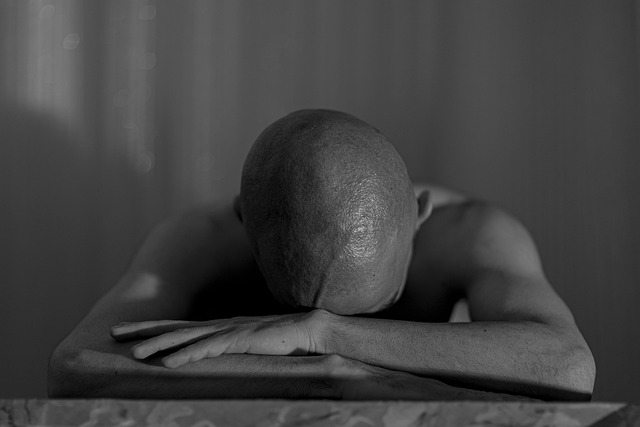
 As substance use progresses, the frequency and amount often increase. What started as an occasional indulgence can quickly become a daily necessity. This shift indicates a growing reliance on the
As substance use progresses, the frequency and amount often increase. What started as an occasional indulgence can quickly become a daily necessity. This shift indicates a growing reliance on the 

 Online pharmacies handle sensitive patient
Online pharmacies handle sensitive patient  Online pharmacies have an opportunity to provide valuable patient education and counseling services to help customers make informed judgments about their medications and healthcare products. This may include giving out information about proper medication usage, potential side effects, drug interactions, and precautions. By offering personalized support and guidance, online pharmacies can improve medication adherence and patient outcomes while demonstrating a commitment to patient care and safety.
Online pharmacies have an opportunity to provide valuable patient education and counseling services to help customers make informed judgments about their medications and healthcare products. This may include giving out information about proper medication usage, potential side effects, drug interactions, and precautions. By offering personalized support and guidance, online pharmacies can improve medication adherence and patient outcomes while demonstrating a commitment to patient care and safety.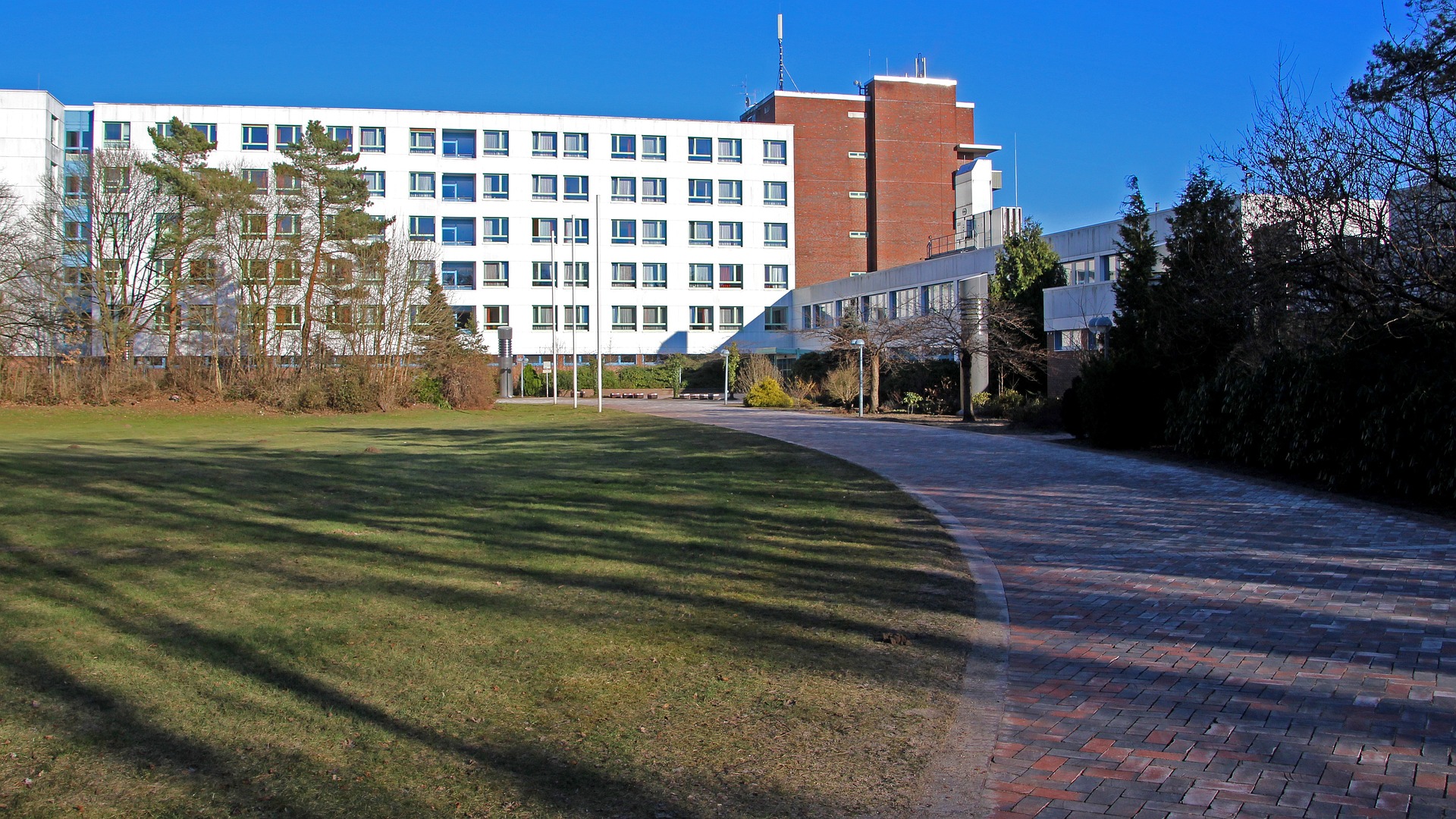

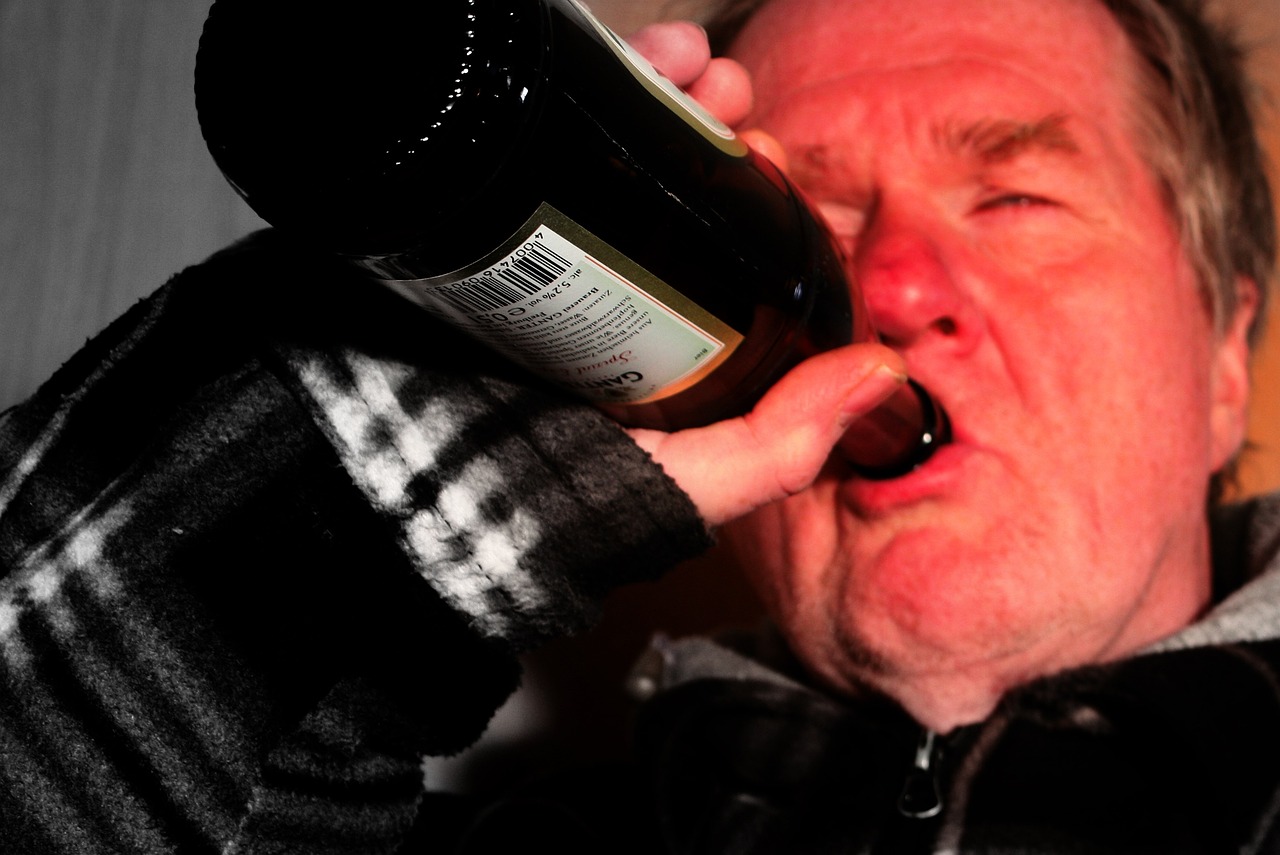


 Let’s start the list with Hatha yoga. This type of yoga is an excellent choice for beginners since it has a slower pace and focuses on basic postures and breathing exercises. It’s perfect for those looking to increase their flexibility and improve their balance and coordination. Hatha yoga can also help reduce stress levels, so it’s a great choice if you’ve been feeling overwhelmed with work or family life. Not only will it allow you to relax, but it will also reduce muscle tension.
Let’s start the list with Hatha yoga. This type of yoga is an excellent choice for beginners since it has a slower pace and focuses on basic postures and breathing exercises. It’s perfect for those looking to increase their flexibility and improve their balance and coordination. Hatha yoga can also help reduce stress levels, so it’s a great choice if you’ve been feeling overwhelmed with work or family life. Not only will it allow you to relax, but it will also reduce muscle tension. Considered one of the more challenging variants of yoga, aerial yoga combines traditional yoga poses with acrobatics to help build strength and flexibility. It’s a great way to switch up your regular routine, as it will engage muscles you would not normally use in other forms of exercise. The use of aerial silk allows for a deeper stretch and can also reduce stress levels. It’s a great way to challenge yourself and have some fun at the same time. It’s a win-win for anyone looking for some exercise and fun factors.
Considered one of the more challenging variants of yoga, aerial yoga combines traditional yoga poses with acrobatics to help build strength and flexibility. It’s a great way to switch up your regular routine, as it will engage muscles you would not normally use in other forms of exercise. The use of aerial silk allows for a deeper stretch and can also reduce stress levels. It’s a great way to challenge yourself and have some fun at the same time. It’s a win-win for anyone looking for some exercise and fun factors.
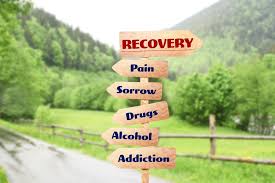 Addiction management and treatment can help to save a life. Some forms of addiction like drug abuse need quick intervention because they can be life-threatening. If your loved one is dealing with drug addiction, it is time to get them to a treatment center. The treatment center will provide solutions that might help them save their life. Addictions like alcoholism can lead to liver disease and they require quick intervention to save the life of the patient.
Addiction management and treatment can help to save a life. Some forms of addiction like drug abuse need quick intervention because they can be life-threatening. If your loved one is dealing with drug addiction, it is time to get them to a treatment center. The treatment center will provide solutions that might help them save their life. Addictions like alcoholism can lead to liver disease and they require quick intervention to save the life of the patient. It Can Reduce the Spread of Diseases
It Can Reduce the Spread of Diseases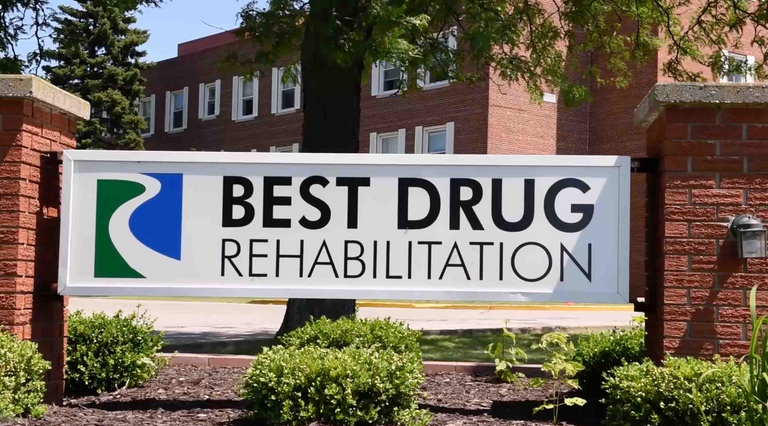
 Addiction to drugs and a particular substance affects the life of a person. The best rehab facility should offer different treatment plans to target specific needs and behavior that you would love to change. If you want to know your needs and goals, then identify the aspects that you would like to be different from and the behaviors that you would like to change in your life. Most people find it hard to identify their goals, and talking to your treatment provider will assist you on how to know your goals and learn how to accomplish them. Defining your goals and choosing the right rehab center will enable you to set your goals and achieve your objectives.
Addiction to drugs and a particular substance affects the life of a person. The best rehab facility should offer different treatment plans to target specific needs and behavior that you would love to change. If you want to know your needs and goals, then identify the aspects that you would like to be different from and the behaviors that you would like to change in your life. Most people find it hard to identify their goals, and talking to your treatment provider will assist you on how to know your goals and learn how to accomplish them. Defining your goals and choosing the right rehab center will enable you to set your goals and achieve your objectives. The best way to find your treatment options is to find a rehab facility that matches your rehab goals. Most treatment providers are familiar with aspects of rehabilitation and have adequate information on the best facilities that they will recommend on the best one to help you in recovery from your
The best way to find your treatment options is to find a rehab facility that matches your rehab goals. Most treatment providers are familiar with aspects of rehabilitation and have adequate information on the best facilities that they will recommend on the best one to help you in recovery from your 
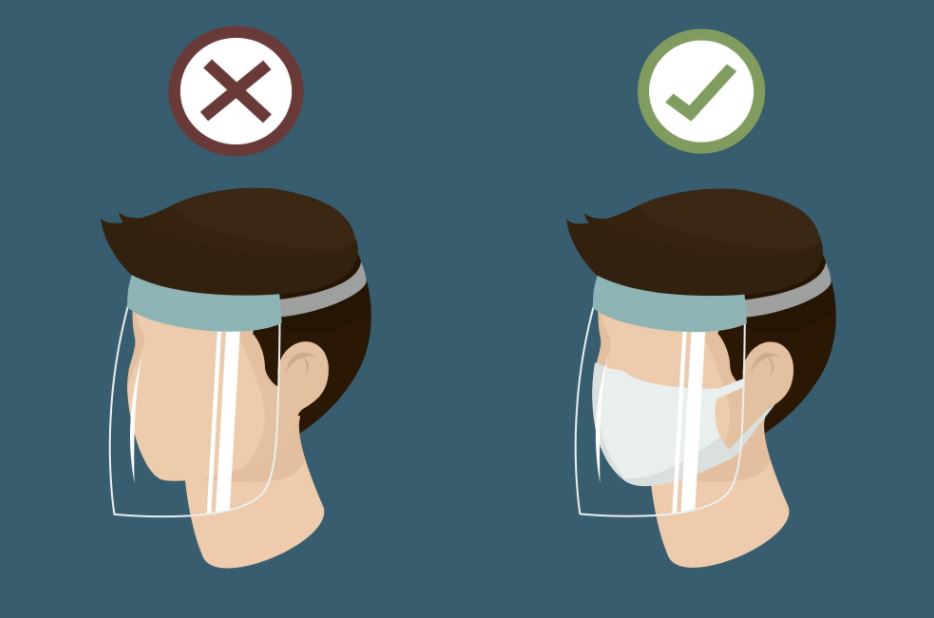



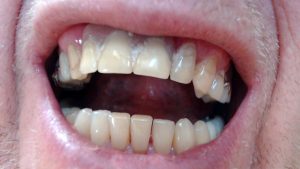 A missing tooth can hurt your dental health in many ways. Not only does a lost or chipped tooth make surrounding teeth susceptible to tooth decay, but it might also put you at risk of suffering recurring headaches. If you have a chipped or missing tooth, you are a candidate for dental implants. Having an implant for tooth replacement reasons comes with many benefits. Implants help you eat, talk, and enjoy your life just if you did when before you lost your tooth. If you have chipped teeth, an implant can restore your teeth.
A missing tooth can hurt your dental health in many ways. Not only does a lost or chipped tooth make surrounding teeth susceptible to tooth decay, but it might also put you at risk of suffering recurring headaches. If you have a chipped or missing tooth, you are a candidate for dental implants. Having an implant for tooth replacement reasons comes with many benefits. Implants help you eat, talk, and enjoy your life just if you did when before you lost your tooth. If you have chipped teeth, an implant can restore your teeth.

 anabolic effect to one degree or another: hormones (androgens, pituitary hormones, somatotropin, insulin, gonadotropin), synthetic hormonally active drugs (anabolic steroids, antiestrogens), vitamins, coenzymes, vitamin-like substances, herbal adaptogens, nootropics, and antihypoxants amino acids. However, the most active of these are anabolic steroids.
anabolic effect to one degree or another: hormones (androgens, pituitary hormones, somatotropin, insulin, gonadotropin), synthetic hormonally active drugs (anabolic steroids, antiestrogens), vitamins, coenzymes, vitamin-like substances, herbal adaptogens, nootropics, and antihypoxants amino acids. However, the most active of these are anabolic steroids. logical effect. It is worth noting that not all steroids are designed for muscle growth. Therefore, even at the stage of purchase, this point should be clarified. You can consult experts to help you choose the right type.
logical effect. It is worth noting that not all steroids are designed for muscle growth. Therefore, even at the stage of purchase, this point should be clarified. You can consult experts to help you choose the right type.




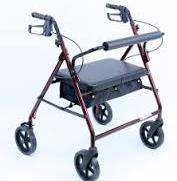 em
em
 There are some factors that greatly contribute to the overall stability. We will go into greater detail into them, but keep in mind that there is not a single, uniform answer as to what is the perfect board for a novice. There is a large number of important details, besides stability, that should be taken into consideration when planning to purchase your very first stand up paddling board, like maneuverability, length, weight, etc.
There are some factors that greatly contribute to the overall stability. We will go into greater detail into them, but keep in mind that there is not a single, uniform answer as to what is the perfect board for a novice. There is a large number of important details, besides stability, that should be taken into consideration when planning to purchase your very first stand up paddling board, like maneuverability, length, weight, etc. There is also more that goes into the length. Many paddling fans think that they will be perfectly fine, by simply buying the biggest board available on the market. This is true to a certain degree because it covers only the aspect of stability. However, this doesn’t cover the maneuverability. It is almost as important as stability, and longer and bigger boards are usually much more difficult to maneuver. Therefore, it is extremely important to strike a perfect balance between stability and maneuverability, when thinking about the board model and its length. To get a much better insight into this, you can check out some useful SUP board reviews and see what boards offer the best combination.
There is also more that goes into the length. Many paddling fans think that they will be perfectly fine, by simply buying the biggest board available on the market. This is true to a certain degree because it covers only the aspect of stability. However, this doesn’t cover the maneuverability. It is almost as important as stability, and longer and bigger boards are usually much more difficult to maneuver. Therefore, it is extremely important to strike a perfect balance between stability and maneuverability, when thinking about the board model and its length. To get a much better insight into this, you can check out some useful SUP board reviews and see what boards offer the best combination.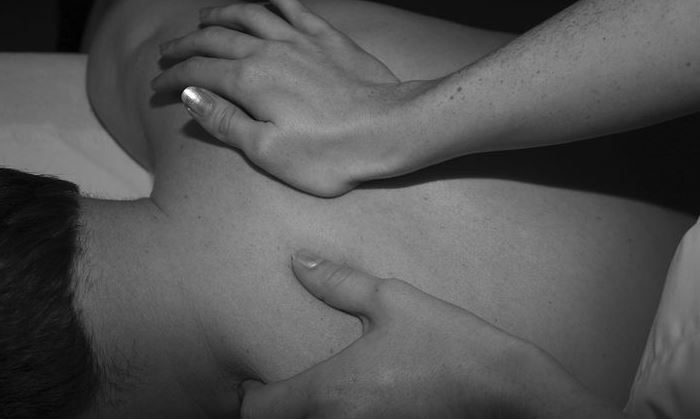

 Treatment
Treatment
 The roles of a dentist are not limited to enhancing your smile. Such professionals also conduct examinations and assessments in order for them to identify the dental issues that you may have. This is exactly the reason why it is highly recommended that you go to a reputable dentist; this way, you can be sure that he or she will be able to provide accurate diagnosis and come up with a treatment plan.
The roles of a dentist are not limited to enhancing your smile. Such professionals also conduct examinations and assessments in order for them to identify the dental issues that you may have. This is exactly the reason why it is highly recommended that you go to a reputable dentist; this way, you can be sure that he or she will be able to provide accurate diagnosis and come up with a treatment plan.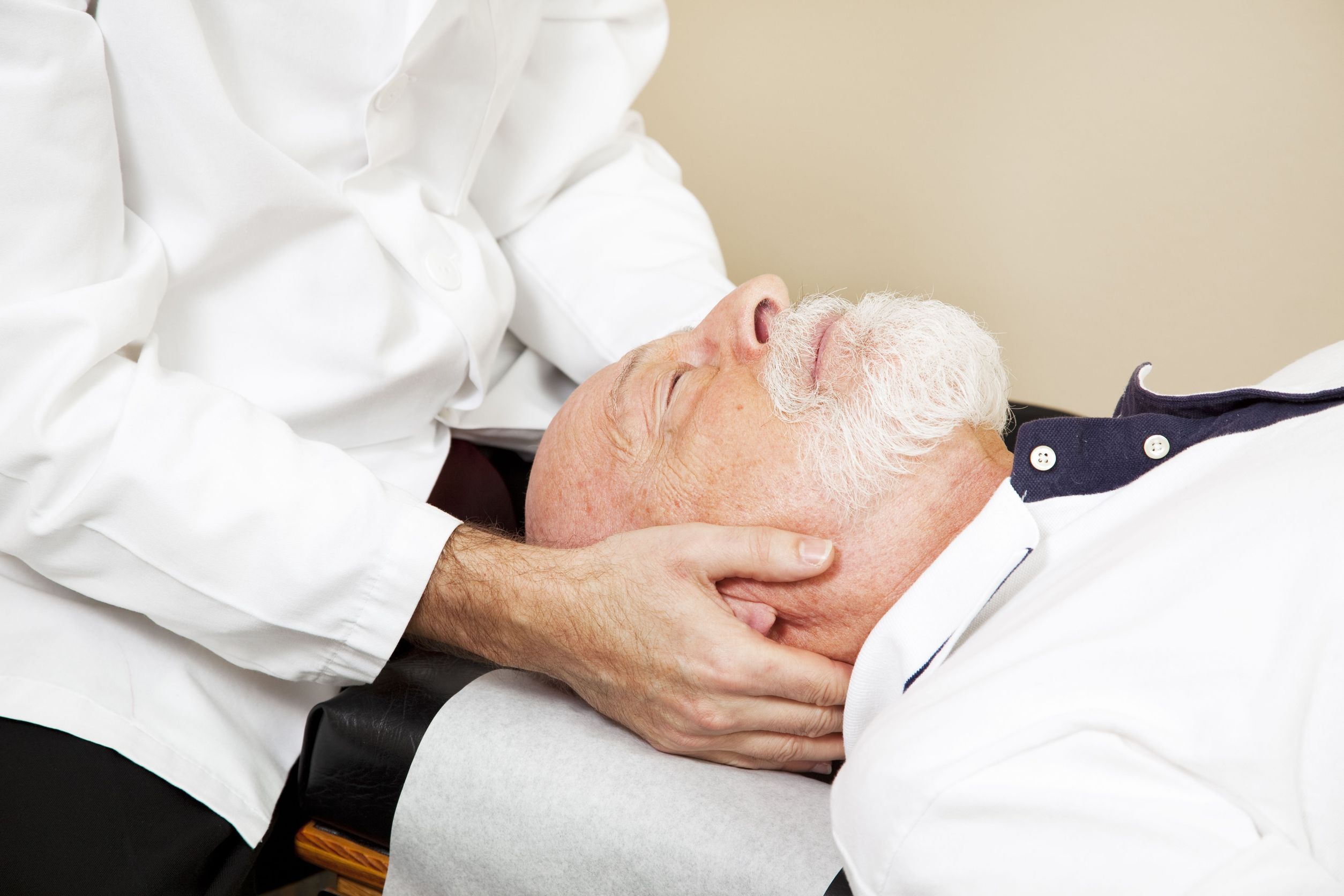
 possible with as few visits as possible, and advice on the best ways to prevent future issues.
possible with as few visits as possible, and advice on the best ways to prevent future issues. Accreditations. Make certain that the chiropractic physicians that you are thinking about are certified and have the right certifications.
Accreditations. Make certain that the chiropractic physicians that you are thinking about are certified and have the right certifications. operate to meet the chiropractic specialist and look at the devices they use by scheduling an initial assessment. Ask a lot of concerns pertaining to exactly what you need them to do for you. Not only will you see and become aware of the treatment methods they use but also you will be familiar with the physician a little to see if you will be comfy dealing with them.
operate to meet the chiropractic specialist and look at the devices they use by scheduling an initial assessment. Ask a lot of concerns pertaining to exactly what you need them to do for you. Not only will you see and become aware of the treatment methods they use but also you will be familiar with the physician a little to see if you will be comfy dealing with them.

 3. Never requesting tips from friends, family, and the insurance coverage company. The best ways to get a doctor who you can trust is to ask close friends which chiropractor they would refer. Your insurance business has a list of qualified chiropractors covered under your medical plan that have been evaluated and come extremely recommended.
3. Never requesting tips from friends, family, and the insurance coverage company. The best ways to get a doctor who you can trust is to ask close friends which chiropractor they would refer. Your insurance business has a list of qualified chiropractors covered under your medical plan that have been evaluated and come extremely recommended. ould know how to make hash oil for vape pen. This will be essential because it will allow you to enjoy different flavors. This is the common method that is used because it reduces that bite of the vapor and also lessens the likelihood and need of you sucking the liquid out. Also, it is recommended that you avoid the chain smoking through your vaping machine. Some of the people may want to get their nicotine fixed and therefore they will take a puff after a puff.
ould know how to make hash oil for vape pen. This will be essential because it will allow you to enjoy different flavors. This is the common method that is used because it reduces that bite of the vapor and also lessens the likelihood and need of you sucking the liquid out. Also, it is recommended that you avoid the chain smoking through your vaping machine. Some of the people may want to get their nicotine fixed and therefore they will take a puff after a puff. thod that is mostly used with those people that have been smoking. But if it will chance that they need throat and nicotine fix, then this method is the best for them. Before involving with this method, it is important to know that this method is not used for everyone. Also, you need to know that some flavors are mostly muted making your vapor to go direct to the lungs without spending most of the time in the mouth.
thod that is mostly used with those people that have been smoking. But if it will chance that they need throat and nicotine fix, then this method is the best for them. Before involving with this method, it is important to know that this method is not used for everyone. Also, you need to know that some flavors are mostly muted making your vapor to go direct to the lungs without spending most of the time in the mouth.
 Medical marijuana is used during chemotherapy to suppress the side effects. This is because the drug assists in suppressing nausea and pain relief. The drug when used correctly improves the mood of the smoker (thus suppressing one’s anxiety) it is also used as a sedative in some cases. On the downside, if the marijuana is taken in high doses it does the reverse causes paranoia and increases anxiety.
Medical marijuana is used during chemotherapy to suppress the side effects. This is because the drug assists in suppressing nausea and pain relief. The drug when used correctly improves the mood of the smoker (thus suppressing one’s anxiety) it is also used as a sedative in some cases. On the downside, if the marijuana is taken in high doses it does the reverse causes paranoia and increases anxiety. Medical marijuana help in the relaxation of people living with post traumatic stress disorder. Post traumatic stress disorder Is a side effect of war and any other traumatic experience by someone. Weed is one of the only medications that deals with post traumatic stress disorder. Marijuana for such purpose is available over the counter.
Medical marijuana help in the relaxation of people living with post traumatic stress disorder. Post traumatic stress disorder Is a side effect of war and any other traumatic experience by someone. Weed is one of the only medications that deals with post traumatic stress disorder. Marijuana for such purpose is available over the counter.
 The fresh new ideas of health, nutrition, and fitness- there is many things a person needs to learn when it comes to the food required when working out. It’s just not possible for an average person to have all the time to do the research and be up to the date of what would work on him/her. The job of a personal trainer is to be up to date with the health trends and also have an education of safety ways of working out according to your body type. A personal trainer also uses the knowledge and experience that they have to answer all the questions you may have and also gives you tips to develop a healthier lifestyle.
The fresh new ideas of health, nutrition, and fitness- there is many things a person needs to learn when it comes to the food required when working out. It’s just not possible for an average person to have all the time to do the research and be up to the date of what would work on him/her. The job of a personal trainer is to be up to date with the health trends and also have an education of safety ways of working out according to your body type. A personal trainer also uses the knowledge and experience that they have to answer all the questions you may have and also gives you tips to develop a healthier lifestyle. Sometimes it seems like you are not getting anything out the exercise that you do, maybe there is just one thing that you are not doing right. A personal trainer does not only help you achieve the goals but also be safe, ensure that’s your health is the priority and the most important is get you to achieve the goals. Seeing the results of the effort that you put into working out is the best feeling ever.
Sometimes it seems like you are not getting anything out the exercise that you do, maybe there is just one thing that you are not doing right. A personal trainer does not only help you achieve the goals but also be safe, ensure that’s your health is the priority and the most important is get you to achieve the goals. Seeing the results of the effort that you put into working out is the best feeling ever.
 With cool sculpting, you do not expect to go under the knife like other procedures e.g. gastric bypass and liposuction. You can do cool sculpting and go back to your day to daily duties. The treatment is simple and not very technical you can even browse on your phone while undergoing the treatment. With cool sculpting, there is no recovery period thus no downtime.
With cool sculpting, you do not expect to go under the knife like other procedures e.g. gastric bypass and liposuction. You can do cool sculpting and go back to your day to daily duties. The treatment is simple and not very technical you can even browse on your phone while undergoing the treatment. With cool sculpting, there is no recovery period thus no downtime. After the treatment and the guaranteed results, you can fit better in clothes; this boosts your general mood confidence and outward appearance. Your attitude is also improved with the new results.
After the treatment and the guaranteed results, you can fit better in clothes; this boosts your general mood confidence and outward appearance. Your attitude is also improved with the new results.

 This procedure of reinforcing the body is referred to as active sitting. Posture enhances which triggers the balance to enhance and, therefore, the back has better protection against getting hurt in any way.
This procedure of reinforcing the body is referred to as active sitting. Posture enhances which triggers the balance to enhance and, therefore, the back has better protection against getting hurt in any way.

 Side effects
Side effects
 ounded by technology, pollution and a lot of distractions. If you want to get away and enjoy a breath of fresh air right from the plants, drink from clear and unpolluted water then go on a health retreat.
ounded by technology, pollution and a lot of distractions. If you want to get away and enjoy a breath of fresh air right from the plants, drink from clear and unpolluted water then go on a health retreat. ourself
ourself

 ng, the dentist can also use laser whitening techniques to whiten your teeth. This method is also known as power whitening. During this process, a special fluid is painted on your teeth. After painting, the teeth are exposed to laser beams that activate the whitening process. This process takes about an hour to complete.
ng, the dentist can also use laser whitening techniques to whiten your teeth. This method is also known as power whitening. During this process, a special fluid is painted on your teeth. After painting, the teeth are exposed to laser beams that activate the whitening process. This process takes about an hour to complete.
 have to take the supplement on a regular basis to see visible results. The main ingredients used in the supplement will help you with inflammation, bloating, cramps, weight loss and tiredness.
have to take the supplement on a regular basis to see visible results. The main ingredients used in the supplement will help you with inflammation, bloating, cramps, weight loss and tiredness. Vitamin E is one of the needed nutrients in our bodies. It is one of the ingredients in prolazyme and helps promote the muscle function and red blood cells. The vitamin is also essential if you want to lose weight.
Vitamin E is one of the needed nutrients in our bodies. It is one of the ingredients in prolazyme and helps promote the muscle function and red blood cells. The vitamin is also essential if you want to lose weight.
 the green gold of indios as noted by the early European settlers who lived in South America. It helps you keep a healthy heart, burns extra fat without a workout, gives you stronger bones and has also been suggested to identify and kill cancer cells. It is simply a miraculous drink that gets rid of various illnesses while improving overall health. However, it is advisable to purchase from credible licensed distributors like orgnicmate.net who are allowed to provide such products in the region. This way, you can be sure to get original quality yerba that harbors all the benefits above.
the green gold of indios as noted by the early European settlers who lived in South America. It helps you keep a healthy heart, burns extra fat without a workout, gives you stronger bones and has also been suggested to identify and kill cancer cells. It is simply a miraculous drink that gets rid of various illnesses while improving overall health. However, it is advisable to purchase from credible licensed distributors like orgnicmate.net who are allowed to provide such products in the region. This way, you can be sure to get original quality yerba that harbors all the benefits above.
 Asia region. While it is commonly grown in the Southeast Asia region, it has been distributed extensively in main and west parts of Africa given its antimicrobial potential. Interestingly, a growing number of individuals are getting convinced to purchase garcinia cambogia due to its reported capability to reduce one’s appetite.
Asia region. While it is commonly grown in the Southeast Asia region, it has been distributed extensively in main and west parts of Africa given its antimicrobial potential. Interestingly, a growing number of individuals are getting convinced to purchase garcinia cambogia due to its reported capability to reduce one’s appetite. Garcinia cambogia extract essentially works to reduce one’s cravings for carbs. With this, the body can be hindered from storing any excess fats. This has been backed up by individual experiences of those who have tried it, but the scientific basis stays limited. The natural plant or extract is also known to help enhance metabolism while reducing blood cholesterol levels.
Garcinia cambogia extract essentially works to reduce one’s cravings for carbs. With this, the body can be hindered from storing any excess fats. This has been backed up by individual experiences of those who have tried it, but the scientific basis stays limited. The natural plant or extract is also known to help enhance metabolism while reducing blood cholesterol levels. the competition between sellers. However, purchasers should bear in mind that they need to think thoroughly about checking out the testimonials of those who have tried the product or a specific brand.
the competition between sellers. However, purchasers should bear in mind that they need to think thoroughly about checking out the testimonials of those who have tried the product or a specific brand.
 you money, you should not seek the readings from any person you come across. This calls for you to consider some factors before you seek the services. Absolutely Free Psychic Reading is possible nowadays. One of the main factors that you should consider is whether the psychic reader is quite popular. Here, you should research in depth and known whether the person has appeared on any TV or radio shows.
you money, you should not seek the readings from any person you come across. This calls for you to consider some factors before you seek the services. Absolutely Free Psychic Reading is possible nowadays. One of the main factors that you should consider is whether the psychic reader is quite popular. Here, you should research in depth and known whether the person has appeared on any TV or radio shows. ou should be polite, you basically should not let the reader manipulate or even talk you down during the reading. If you are communicating on the phone, you should cut it the time the reader starts talking bad about you. You should also avoid any further conversation if you feel depleted or stressed up when taking to the psychic.
ou should be polite, you basically should not let the reader manipulate or even talk you down during the reading. If you are communicating on the phone, you should cut it the time the reader starts talking bad about you. You should also avoid any further conversation if you feel depleted or stressed up when taking to the psychic.

 if you intend to use a supplement with acai berries as the primary ingredient and want to know more about it, then you need only to go to the site’s Supplement Articles and look for Acai there. It’s, for this reason, that to label this site as “detailed” could prove to be an understatement.
if you intend to use a supplement with acai berries as the primary ingredient and want to know more about it, then you need only to go to the site’s Supplement Articles and look for Acai there. It’s, for this reason, that to label this site as “detailed” could prove to be an understatement.
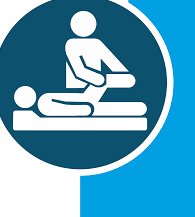
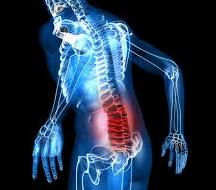 ou be aware of the physiotherapy skills. Working with a qualified professional is worthwhile because he/she knows how to deal with the condition. If you are unsure of the qualifications, you will not be put behind bars in asking about their training and the skills they have.
ou be aware of the physiotherapy skills. Working with a qualified professional is worthwhile because he/she knows how to deal with the condition. If you are unsure of the qualifications, you will not be put behind bars in asking about their training and the skills they have.

 uying healthy supplements, you need to have adequate information on various details such as expiry date. You will be provided with all the information you need on precisely written labels. This is quite beneficial particularly the fact the iHerb products are time sensitive. Thus, shoppers are guaranteed purchasing safe products.
uying healthy supplements, you need to have adequate information on various details such as expiry date. You will be provided with all the information you need on precisely written labels. This is quite beneficial particularly the fact the iHerb products are time sensitive. Thus, shoppers are guaranteed purchasing safe products.
 Electronic cigarettes have helped many people refrain from the different tobacco products. This is considered as the best aid that you can have since backing out from smoking is really not that easy especially if you have been heavily smoking for many years in your life. By using this type of electronic device, you can stay away from the dangerous chemicals that a cigarette contains. Not to mention the number of carcinogens that are present in it.
Electronic cigarettes have helped many people refrain from the different tobacco products. This is considered as the best aid that you can have since backing out from smoking is really not that easy especially if you have been heavily smoking for many years in your life. By using this type of electronic device, you can stay away from the dangerous chemicals that a cigarette contains. Not to mention the number of carcinogens that are present in it. Many heavy smokers have found electronic cigarettes quite useful. What they do is they start with the full strength nicotine level and slowly lower it after some time. You can do this if you really want to help yourself to stay away from nicotine eventually. As time passes by, you can go ahead and gradually reduce the nicotine level until such time that you can already handle yourself without nicotine at all.
Many heavy smokers have found electronic cigarettes quite useful. What they do is they start with the full strength nicotine level and slowly lower it after some time. You can do this if you really want to help yourself to stay away from nicotine eventually. As time passes by, you can go ahead and gradually reduce the nicotine level until such time that you can already handle yourself without nicotine at all.
 journey and effects of jet lag will be magnified.
journey and effects of jet lag will be magnified. trying to do one thing and other.
trying to do one thing and other.

 What kind of communicative strategy do you choose in your medical care? Do you prefer somebody who is friendly, personable, and treats you like a good friend? Or would you choose someone who has a completely clinical strategy to care? Make sure when you are speaking to prospective dental professionals that you feel comfy communicating with your as your dental practitioner, which you can make yourself understood, and you can understand the dental expert.
What kind of communicative strategy do you choose in your medical care? Do you prefer somebody who is friendly, personable, and treats you like a good friend? Or would you choose someone who has a completely clinical strategy to care? Make sure when you are speaking to prospective dental professionals that you feel comfy communicating with your as your dental practitioner, which you can make yourself understood, and you can understand the dental expert.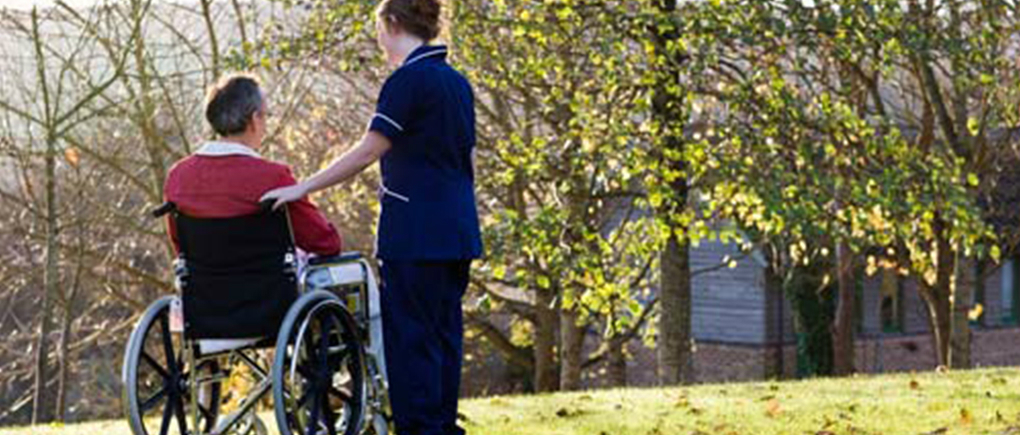
 and compact. You will find products that are sold over-the-counter to high-end personal mobility equipment such as electric scooters, wheelchairs, and many more. Moreover, you can purchase home diagnosis kits, auto recorders, and pain management supplies. You are sure to find medical supplies needed by physically challenged and the sick. Other than the broad range of categories to choose, it is necessary to determine their quality, cost, features, rating, and many more.
and compact. You will find products that are sold over-the-counter to high-end personal mobility equipment such as electric scooters, wheelchairs, and many more. Moreover, you can purchase home diagnosis kits, auto recorders, and pain management supplies. You are sure to find medical supplies needed by physically challenged and the sick. Other than the broad range of categories to choose, it is necessary to determine their quality, cost, features, rating, and many more. First, you should ensure every medical product or equipment you purchase is FDA approved. Always read product labels to check the quality, manufacturer, dates, and other aspects of the product. You are free to ask questions about the product using contact details you get on the website. Authentic retailers are the ones that can respond to your queries. Confirm with your physician about product features, brands, and many more. Always remember, there is nothing provided for free. Therefore, reasonable discounts and offers are great. However, if you believe the offer is too good to be true, then you seek second thoughts.
First, you should ensure every medical product or equipment you purchase is FDA approved. Always read product labels to check the quality, manufacturer, dates, and other aspects of the product. You are free to ask questions about the product using contact details you get on the website. Authentic retailers are the ones that can respond to your queries. Confirm with your physician about product features, brands, and many more. Always remember, there is nothing provided for free. Therefore, reasonable discounts and offers are great. However, if you believe the offer is too good to be true, then you seek second thoughts.
 react a bit differently. Has being right accomplished you anything? Does it give you respect or just breeds resentment? Give up burning need of being always right. In that way, you free yourself and others. Start engaging in productive and useful things in life.
react a bit differently. Has being right accomplished you anything? Does it give you respect or just breeds resentment? Give up burning need of being always right. In that way, you free yourself and others. Start engaging in productive and useful things in life. You did not try to take breakfast; you just did it. You will have excuses when you merely try. Stop lying and making excuses to yourself. You should be honest. You either do it or you don’t. Set your goals and start to achieve them. This will allow you to grow and move forward.
You did not try to take breakfast; you just did it. You will have excuses when you merely try. Stop lying and making excuses to yourself. You should be honest. You either do it or you don’t. Set your goals and start to achieve them. This will allow you to grow and move forward.
 type of weight reduction pill can do for you. Here are some ideas to assist you out.
type of weight reduction pill can do for you. Here are some ideas to assist you out. Appetite Suppressants: Are your food cravings just too much to overlook? Then a cravings suppressant might simply be what you need. These drugs manage the chemicals in your brain that tell you when you’re hungry and when you’re complete. Many cravings suppressants likewise consist of green tea and guarana.
Appetite Suppressants: Are your food cravings just too much to overlook? Then a cravings suppressant might simply be what you need. These drugs manage the chemicals in your brain that tell you when you’re hungry and when you’re complete. Many cravings suppressants likewise consist of green tea and guarana.

 the ideal treatments for pimples, you can even avoid acne scars and lower the future possibility of breakouts. Check out the many remedies for pimples at online. There are many natural treatments and below are a few tips on what you can try at home.
the ideal treatments for pimples, you can even avoid acne scars and lower the future possibility of breakouts. Check out the many remedies for pimples at online. There are many natural treatments and below are a few tips on what you can try at home. You may have heard of the old toothpaste and baking soda spot treatment solution. Well, there are many more that work in numerous ways to dry, soothe and deal with acne. Making a paste of baking soda, a pinch or turmeric mixed with honey and a few drops of essential oils used straight to pimple spots is an unknown but an efficient recipe for clearing up pimples.
You may have heard of the old toothpaste and baking soda spot treatment solution. Well, there are many more that work in numerous ways to dry, soothe and deal with acne. Making a paste of baking soda, a pinch or turmeric mixed with honey and a few drops of essential oils used straight to pimple spots is an unknown but an efficient recipe for clearing up pimples.
 illustration, hypnosis weight loss will certainly reduce an individual need for determination since he/she will certainly WANT to consume healthy as a matter of choice instead. Hypnosis weight loss is a method that has been around for a long time and reprogrammes your subconscious to remedy your actions. This approach has been fairly reliable for smokers. It is likewise able to change an individual’s feelings towards healthy eating, exercising and drinking alcohol.
illustration, hypnosis weight loss will certainly reduce an individual need for determination since he/she will certainly WANT to consume healthy as a matter of choice instead. Hypnosis weight loss is a method that has been around for a long time and reprogrammes your subconscious to remedy your actions. This approach has been fairly reliable for smokers. It is likewise able to change an individual’s feelings towards healthy eating, exercising and drinking alcohol. Hypnosis is advantageous not only for weight-loss, but also for lots of other areas also. As an example, it has been used to heal sleep issues, migraine headaches, anxiousness, stomach disorders, and depression. In addition, hypnotherapy has been advantageous in improving aspects like self-assurance, lowering stress levels, enhancing the performance of athletes, and diminishing worries and fears.
Hypnosis is advantageous not only for weight-loss, but also for lots of other areas also. As an example, it has been used to heal sleep issues, migraine headaches, anxiousness, stomach disorders, and depression. In addition, hypnotherapy has been advantageous in improving aspects like self-assurance, lowering stress levels, enhancing the performance of athletes, and diminishing worries and fears.
 Helps lower appetite
Helps lower appetite
 you are feeling “stressed”, your mind and body make handling tension the primary top priority. Your mind and body need to deal with regular upkeep and overall health, daily, by putting tension on the back burner.
you are feeling “stressed”, your mind and body make handling tension the primary top priority. Your mind and body need to deal with regular upkeep and overall health, daily, by putting tension on the back burner. There are numerous styles of Yoga to choose from. In India, there are nine major styles of Yoga, and Hatha Yoga is simply the best among them. Hatha Yoga, “the union of physical mastery,” and its many sub-types, are the most popular in the West.
There are numerous styles of Yoga to choose from. In India, there are nine major styles of Yoga, and Hatha Yoga is simply the best among them. Hatha Yoga, “the union of physical mastery,” and its many sub-types, are the most popular in the West.


 trainer and sings his praises from the rooftops, that he will be right for you. Everyone has different needs when they embark on a training programme, and trainers specialise in various areas. If you wish to get your body back after having a baby, or you’re recovering from a cardiac arrest and have to take it slow, then a trainer who specialises in sports-specific training may not be right for you.
trainer and sings his praises from the rooftops, that he will be right for you. Everyone has different needs when they embark on a training programme, and trainers specialise in various areas. If you wish to get your body back after having a baby, or you’re recovering from a cardiac arrest and have to take it slow, then a trainer who specialises in sports-specific training may not be right for you. like. Even much better, look at listings websites. They include independent testimonials from clients and bad reviews (along with good) will be released.
like. Even much better, look at listings websites. They include independent testimonials from clients and bad reviews (along with good) will be released.
 pumpkin is found in wet forests of the tropical region such as Central Africa, South-East Asia and South India. The fruit, which has properties of citrus fruits, is used as a condiment in a number of Asian foods. It has been used in conventional medications for a long time due to its sour taste that is valuable in food digestion.
pumpkin is found in wet forests of the tropical region such as Central Africa, South-East Asia and South India. The fruit, which has properties of citrus fruits, is used as a condiment in a number of Asian foods. It has been used in conventional medications for a long time due to its sour taste that is valuable in food digestion. This Garcinia Cambogia review has disclosed that it likewise increases the level of Serotonin in your body. Serotonin is produced by the brain and is liable for your anxiety levels, moods and appetite. The raised Serotonin level decreases anxiety, a significant cause of weight problems as well as other deadly diseases such as heart issues and it guarantees that you get proper sleep. The antioxidants that are present in the extract aid in combating cancer and coronary illness while the existence of Garcinol helps to decrease the acid produced by your body and therefore assisting in the treatment of gastric ulcers.
This Garcinia Cambogia review has disclosed that it likewise increases the level of Serotonin in your body. Serotonin is produced by the brain and is liable for your anxiety levels, moods and appetite. The raised Serotonin level decreases anxiety, a significant cause of weight problems as well as other deadly diseases such as heart issues and it guarantees that you get proper sleep. The antioxidants that are present in the extract aid in combating cancer and coronary illness while the existence of Garcinol helps to decrease the acid produced by your body and therefore assisting in the treatment of gastric ulcers.

 Ergonomic executive office chair or seating, also called supervisors’ chairs, usually have a greater back and leather or sewn leather furniture. If you want an industrial chair, you’ll desire one that has durability for long-lasting use on the production floor. There are some additional big chairs that are terrific for security personnel because the size of this chair allows for devices to be worn on the belt and not end up being connected to the arms of the chair.
Ergonomic executive office chair or seating, also called supervisors’ chairs, usually have a greater back and leather or sewn leather furniture. If you want an industrial chair, you’ll desire one that has durability for long-lasting use on the production floor. There are some additional big chairs that are terrific for security personnel because the size of this chair allows for devices to be worn on the belt and not end up being connected to the arms of the chair.
 These children are thought to exhibit a range of indications of their advanced state, such as psychic abilities or just a higher degree of creativity and compassion in the direction of others. If you would like to know if your child is an Indigo child you can ask them to take the Indigo Test.
These children are thought to exhibit a range of indications of their advanced state, such as psychic abilities or just a higher degree of creativity and compassion in the direction of others. If you would like to know if your child is an Indigo child you can ask them to take the Indigo Test. smart beyond their years and do not accept conventional ways or authority. Tappe felt that many of these Indigo children are being misdiagnosed as having ADHD (Attention Deficit Hyperactivity Disorder), ADD (Attention Deficit Disorder), Autism, and OCD (Obsessive-Compulsive Disorder). This is due to that, in her opinion, these indigo children find out much better with their hands and through motions.
smart beyond their years and do not accept conventional ways or authority. Tappe felt that many of these Indigo children are being misdiagnosed as having ADHD (Attention Deficit Hyperactivity Disorder), ADD (Attention Deficit Disorder), Autism, and OCD (Obsessive-Compulsive Disorder). This is due to that, in her opinion, these indigo children find out much better with their hands and through motions.
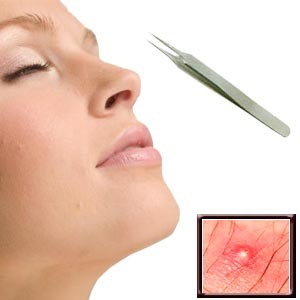
 3. Disinfect a straight needle or a pair of tweezers in rubbing alcohol or boiling water
3. Disinfect a straight needle or a pair of tweezers in rubbing alcohol or boiling water
 weight because different individuals have different health and physical requirements. Especially if you want to know, the Pure Cambogia Ultra and pure life cleanse’s benefits.
weight because different individuals have different health and physical requirements. Especially if you want to know, the Pure Cambogia Ultra and pure life cleanse’s benefits.
 A study performed back in 2002 showed that HCA is a safe ingredient to use. The research found the over dosage in rats to be higher than 5000mg per kilogram. This for that reason provides Garcinia Cambogia a fairly broad margin of safety.
A study performed back in 2002 showed that HCA is a safe ingredient to use. The research found the over dosage in rats to be higher than 5000mg per kilogram. This for that reason provides Garcinia Cambogia a fairly broad margin of safety.

 dental practitioner often and hence there is no such thing as a regular dental expert. Relocating to a new place also makes it tough to recognize a new dental expert. Getting in touch with an excellent dental expert is essential. When you browse the net, you will encounter many websites offering a wide variety of excellent, professional dental practitioners. Similarly, dental practitioners would also be classified area wise. Similarly, you might get in touch with a dental practitioner near to your office or home so that you do not spend time in going to your appointment
dental practitioner often and hence there is no such thing as a regular dental expert. Relocating to a new place also makes it tough to recognize a new dental expert. Getting in touch with an excellent dental expert is essential. When you browse the net, you will encounter many websites offering a wide variety of excellent, professional dental practitioners. Similarly, dental practitioners would also be classified area wise. Similarly, you might get in touch with a dental practitioner near to your office or home so that you do not spend time in going to your appointment

 So instead of investing another dime in your mission to lastly get fit, resign yourself to begin doing body weight workouts. Let’s even make it simpler, let’s start for one month where all you need to do is 1 set of pushups to failure every day. In this manner, you have no excuses not to do the work. Also, if you can make this one simple change a practice you can slowly include workouts gradually to develop a fast and reliable physical fitness routine.
So instead of investing another dime in your mission to lastly get fit, resign yourself to begin doing body weight workouts. Let’s even make it simpler, let’s start for one month where all you need to do is 1 set of pushups to failure every day. In this manner, you have no excuses not to do the work. Also, if you can make this one simple change a practice you can slowly include workouts gradually to develop a fast and reliable physical fitness routine. failure each day. For month 3 include crunches. For month, 4 include chin ups. Pretty soon you will shock yourself with simply how strong and lean you are becoming. You should also ensure you take some daily
failure each day. For month 3 include crunches. For month, 4 include chin ups. Pretty soon you will shock yourself with simply how strong and lean you are becoming. You should also ensure you take some daily 

 Healthy treats are excellent to have in between each dish. But the hardest part is making certain that they are just treats and not full-sized dishes. Do not stress you are not alone lots of females tend to go overboard with their treats between dishes. Try to drink natural teas with a dash of Cayenne pepper and a squeeze of lemon juice before and after you consume something. It actually does assist to
Healthy treats are excellent to have in between each dish. But the hardest part is making certain that they are just treats and not full-sized dishes. Do not stress you are not alone lots of females tend to go overboard with their treats between dishes. Try to drink natural teas with a dash of Cayenne pepper and a squeeze of lemon juice before and after you consume something. It actually does assist to 

 take in all the proper nutrients simply by consuming healthy foods. Individuals, who want to improve their total health, may want to think about taking some useful vitamins and supplements.
take in all the proper nutrients simply by consuming healthy foods. Individuals, who want to improve their total health, may want to think about taking some useful vitamins and supplements. Calcium is vital for the body to function effectively. Many people often neglect the value of getting adequate calcium in the body. People, who are worried about their health and fitness, need to make sure their body has enough calcium. During weight training, calcium is needed to maintain tissue and fluid in the body. If the body does not take in sufficient calcium, it will certainly begin taking calcium from the body’s bones. Having enough calcium in the body helps avoid bone loss and muscle aches. Calcium is discovered in green leafy vegetables and salmon. Often people simply don’t get enough of these in their diet to support their calcium requirements, so they need to take a calcium supplement.
Calcium is vital for the body to function effectively. Many people often neglect the value of getting adequate calcium in the body. People, who are worried about their health and fitness, need to make sure their body has enough calcium. During weight training, calcium is needed to maintain tissue and fluid in the body. If the body does not take in sufficient calcium, it will certainly begin taking calcium from the body’s bones. Having enough calcium in the body helps avoid bone loss and muscle aches. Calcium is discovered in green leafy vegetables and salmon. Often people simply don’t get enough of these in their diet to support their calcium requirements, so they need to take a calcium supplement.